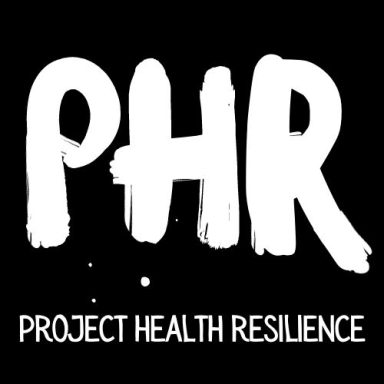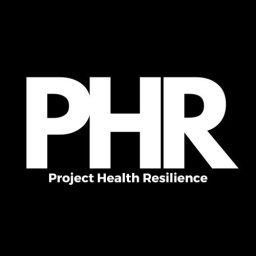Data and insights: Health literacy
Limited health literacy is linked with unhealthy lifestyle behaviours such as poor diet, smoking and a lack of physical activity and is associated with an increased risk of morbidity and premature death
- Low health literacy is associated with poorer use of healthcare services
- Public Health England cited ‘an early intervention approach to health literacy – ensuring that promoting health literacy is fully integrated into early years and school curriculum's as a promising health literacy strategy
- A review found that health literacy can be considered as a modifiable risk factor of socioeconomic disparities in health. It was stated that “enhancing the level of health literacy in the population may be a means to reach a greater equity in health”
- Results from a study into the vulnerability to misinformation during COVID-19 by the Alan Turing Institute showed that “individuals with lower digital literacy, numerical literacy, health literacy and cognitive skills are worse at assessing the veracity of health-related statements. These are important results as they mean that developing people’s cognitive skills and literacy could make a big difference to their ability to identify misinformation”
Data and insights: The ‘transition age’
Research developed by the project team highlights the need to focus on this ‘transition age’ where young people may fall through the ‘gap’. The below details some of the key health issues that university students grapple with; we see that these health conditions are even further exacerbated when we look at more marginalised and vulnerable groups, and we see similar issues in other cohorts of young people leaving home for the first time.
Students Mental Health
• 1 in 4 students suffer from mental ill health
• Students are at a vulnerable age for onset of mental illness and stigma around mental ill health remains
• Rates of mental ill health in students are rising perhaps due to competitive ethos, social media and financial pressures
• Most common: depression, anxiety, eating disorders, behavioural or developmental issues and learning disabilities
• Suicide rates are rising - 1 in 3 students have suicidal thoughts. Tragically there were five suicides at York University in one academic year and three suicides in one term at Bristol University
“Doing a degree is hard. Doing a degree with a mental illness feels 100x times harder.”
Student with Obsessive Compulsive Disorder
Students Physical Health
•12% of young people have a long-term condition (LTC)
• Students with a chronic or LTC may be living independently for the first time
• Those with newly diagnosed conditions must manage these far from home support
• Students may indulge in more risky behaviours such as drinking, drugs and unprotected sex
• Students in close proximity are at risk of infectious diseases such as meningitis
• Often there is poor communication and continuity of care between home and university health services
“When I moved to uni they wouldn't even take into account that my sugars would probably be all over the place… it was so stressful”.
Student with diabetes
Data and insights: Care leavers and health
Key statistics clearly demonstrate that care leavers are disproportionately impacted by health inequalities, and hence they are a key focus of the PHR programme. It is important to recognise that a person raised in their parental family usually experience a gradual transition into adulthood, whereas for a young person leaving care, they can often abruptly ‘become an adult.'
- Children and young people who grow up in care are up to four times more likely to suffer poor health 30 years later than those who grew up with their parents
- 45% of children in care have at least one psychiatric diagnosis, and this increases to 72% in residential care – compared to 10% in the general young person population
- The NHS Long Term Plan recognised the impact that “the most vulnerable children, who need extra help from the state to safeguard their wellbeing, do not reliably get the support or access to the services that their needs demand. This results in poorer health outcomes, particularly for care leavers”
- The Care Leavers Association published the report Caring for Better Health in 2017. This report outlined that a high number of care leavers experience low self-esteem, anxiety, depression, and isolation

Mental Health and Health Literacy
The overwhelming majority of teachers believed that the education system in the UK does not provide sufficient resources for schools to prioritise wellbeing
- 93% agreed that the current education system places a greater focus on academic performance than the wellbeing of children and young people
- 86% agreed that the Ofsted framework should be revised, so that there is a greater focus on wellbeing and mental health, with other elements scaled back
- 92% agreed that schools need more funding for wellbeing and mental health initiatives
(Young Minds survey of 5,095 teachers)
We need your consent to load the translations
We use a third-party service to translate the website content that may collect data about your activity. Please review the details and accept the service to view the translations.

